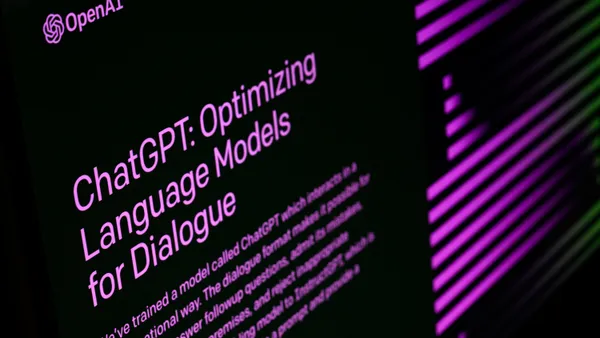Self-driving vehicles may crash less often than those with a driver behind the wheel, according to a new study by the Virginia Tech Transportation Institute.
The research was commissioned by Google and compared national crash data and data from naturalistic driving studies to data from Google’s fleet of more than 50 self-driving cars. The cars have logged 1.3 million miles in Texas and California in autonomous mode.
“Self-driving cars are quickly moving from prototype to reality,” the study noted. “During this transition, the question that is first and foremost on the mind of the public and policymakers is whether or not self-driving cars are more prone to crashes.”
Adjusted to account for more severe and unreported crashes, the results show cars with people driving were in 4.2 severe crashes per million miles while autonomous cars were in 3.2 severe crashes per million miles.
“Given the small overall number of crashes for the self-driving car at these levels, there is insufficient data to draw this conclusion with strong confidence,” the researchers cautioned.
However, they also said there is “statistically significant data that suggest less severe events may happen at significantly lower rates for self-driving cars than conventional vehicles” and that none of the self-driving vehicles operating in autonomous mode were found to be at fault.
A Google spokesman told Reuters the company asked Virginia Tech “to look into the topic given the interest and develop a robust methodology to be able to make meaningful comparison between regular cars on the road as well as our self-driving cars.”
The study “will be helpful making apples-to-apples comparisons moving forward,” the spokesman said.












